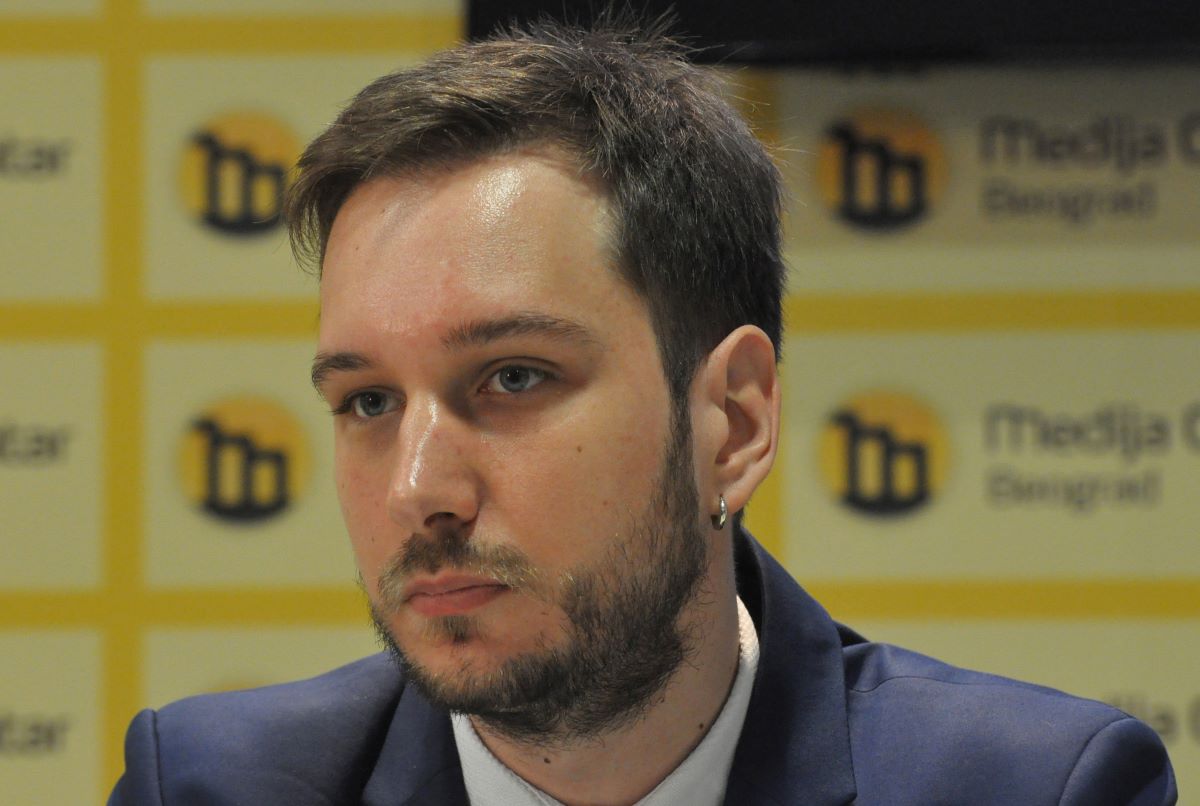Partner Session: Anti-Western Narratives in the Western Balkans: Threat to Euro-Atlantic Integration? (in Partnership with the European Western Balkans)
Discussion points:
- What are the main sources of anti-Western narratives in the Western Balkans and what is their purpose?
- How much damage can the anti-Western narratives do to Euro-Atlantic integration of the region?
- How does the state of media freedom impact the prevalence of anti-Western narratives?
- What should the Western actors do to address this problem?
Despite the declared ambition of all Western Balkan countries to join the European Union and their integration and increasing cooperation with NATO, the region is influenced by strong anti-Western narratives that significantly shape the public discourse and influence citizens’ opinions. Disinformation became an increasingly important topic for the EU and NATO in recent years, and the Western Balkans, as “Europe’s soft underbelly” proved to be an important region in this regard. This became especially evident during the COVID-19 pandemic when in the middle of a global battle of narratives about the emergence of the pandemic and international aid, the Western Balkans became a region where China’s image was greatly improved at the expense of the EU despite significant aid provided by the latter.
But while the EU and NATO were primarily concerned about external influences on Western Balkan media, it became increasingly evident that there are also important local sources of anti-Western narratives, including both government representatives and local media. The most important country in this regard is Serbia, whose president openly said in March 2020 that EU solidarity is a “fairy tale” and the only actor which can provide help is China. The issue of narratives about the EU within the pandemic even found itself within the May 2020 Zagreb declaration, where it is stated that the EU aid “deserves public acknowledgment”.
This panel seeks to provide answers to the questions of who produces these narratives, how are they shaped and what is their purpose. Also, it remains to be answered how vulnerable is the region to these messages and how much damage they can actually do to its Euro-Atlantic perspective. Finally, the panel will attempt to provide answers to the question of what should Western actors do to address this problem.
Further reading:
- Tracking Russia’s Narratives in the Western Balkan Media
- Russian Narrative Proxies—The Unspoken Homegrown Threat In The Western Balkans
- Perception of EU aid amidst the pandemic faces challenges across the Western Balkans
- Coronavirus used to promote anti-EU narrative in Balkans, report finds
- Serbia and coronavirus propaganda: High time for a transactional EU





